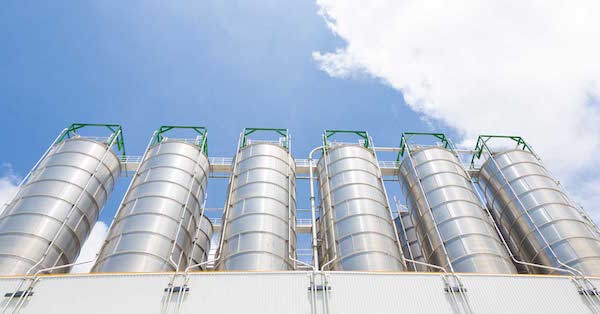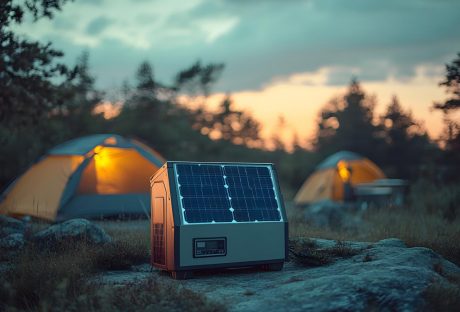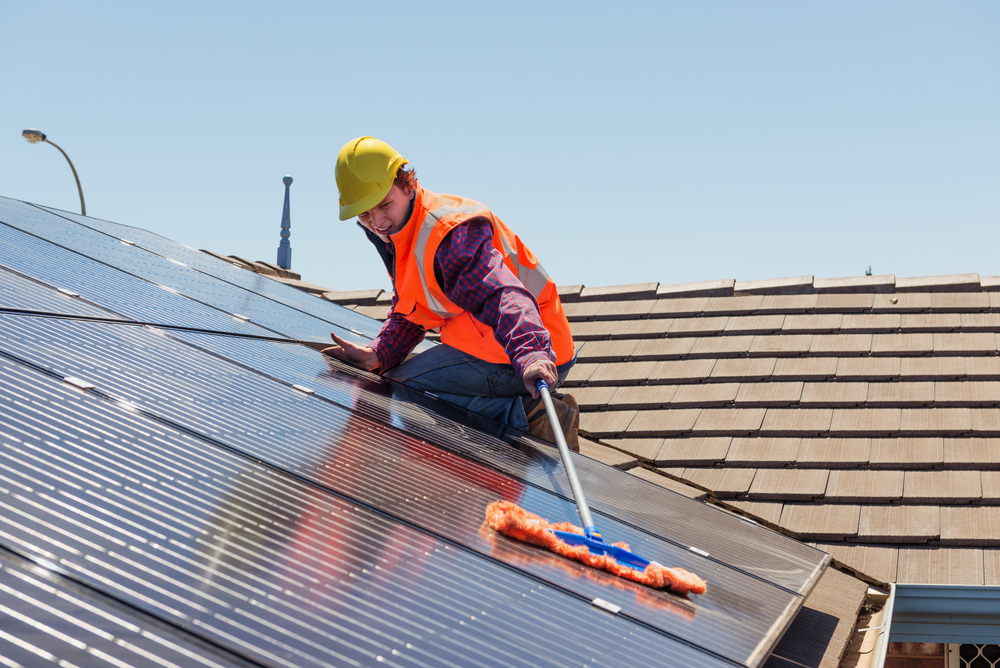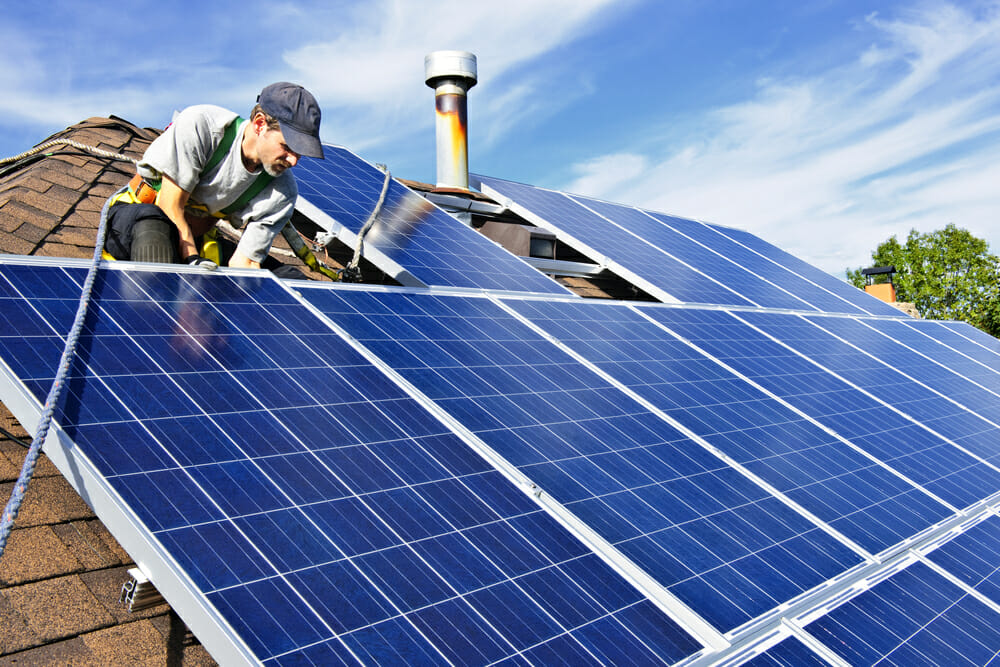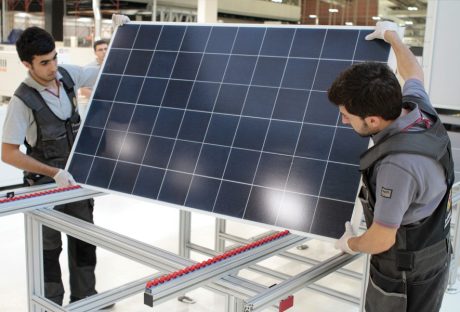It may be surprising, but the Canadian chemical industry has been working to reduce its environmental impact for decades. Certain companies have invested in products that are designed to make the world a safer, cleaner and greener space. If you want to learn how they have been accomplishing these goals, you should read the explanation below.
Many chemical companies in Canada have demonstrated their commitment to reducing environmental harm. According to research from the Chemistry Industry Association of Canada, the country’s chemical industry decreased its greenhouse gas emissions by sixty-seven percent in the early 1990s. The industry continues to execute positive changes to limit any negative environmental impacts by tracking their emissions, upgrading equipment like boilers and heaters, updating their processes, and using new plants and technologies. There is one industry-leading chemical company that has gone beyond that call to action and invested in more efforts that will create a cleaner environment, promote greener products and counteract the effects of climate change.
| Terms: | Meanings: |
| Green Chemistry | The field of finding more eco-friendly and safe chemical alternatives to products being used. |
| GHG | Greenhouse gas emissions. Emissions of carbon dioxide, methane and nitrous oxide creates a barrier around the world and trap heat inside, making the planet warmer. |
| Clean Energy | The energy that does not create greenhouse gas emissions or pollution when used. |
| Sustainability | Prioritizing resources that won’t be permanently deleted or damaged. |
That impressive company is CCC Chemicals, which is one of the largest independent distributors in Canada. They have sourced a range of green chemistry products from innovative suppliers, so that their portfolio is filled with biodegradable solutions, ethylate replacements, vegetable-based raw materials and safer alternatives to hazardous substances. They also source and carry chemical products dedicated to environmental remediation, which means making contaminated sites clean and secure through a laborious process. The company invests in these remediation chemicals and green substitutes in order to help manufacturers and businesses commit to environmental solutions.
Canada has shown increasing interest in setting environmental goals and reaching them in the near future. The government signed on to the 2015 Paris Agreement with countries across the world, vowing to reduce the consequences of climate change together — the key points of the agreement included openly publishing greenhouse gas emissions and planning for a future that is carbon neutral. They also began the Greening Government Strategy to encourage the country’s representatives to lead by example and create a space that focuses on clean energy, sustainable products, and low-impact activities. On a smaller scale, average citizens are purchasing more sustainable and green products to use in their daily lives. It’s evident that the entire country is ambitious to establish a healthier environment as soon as possible.
While innovative chemical companies are not the only solution leading towards a healthier environment, they are certainly an important factor in helping Canadians reach their objectives. Aspects like green chemistry and environmental remediation will be invaluable tools that the country will need to make their vision of a better future a reality.













